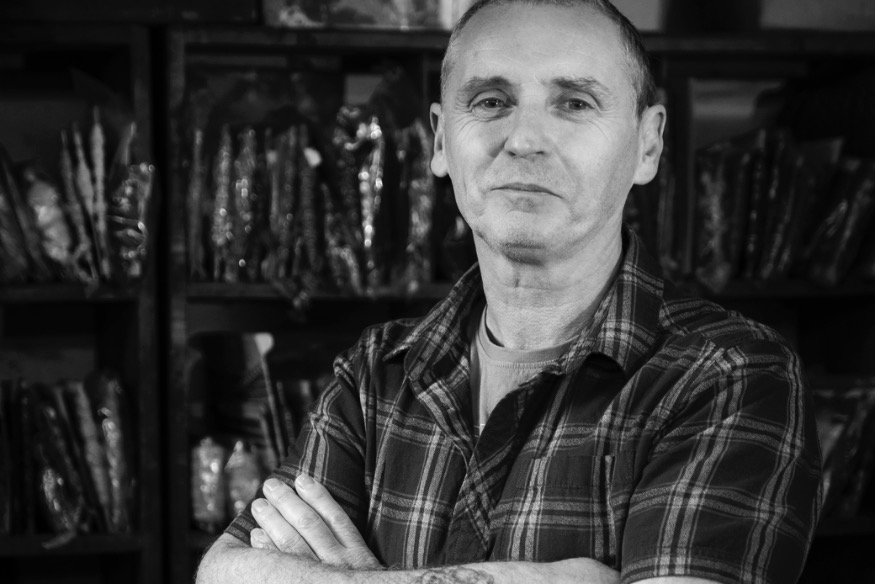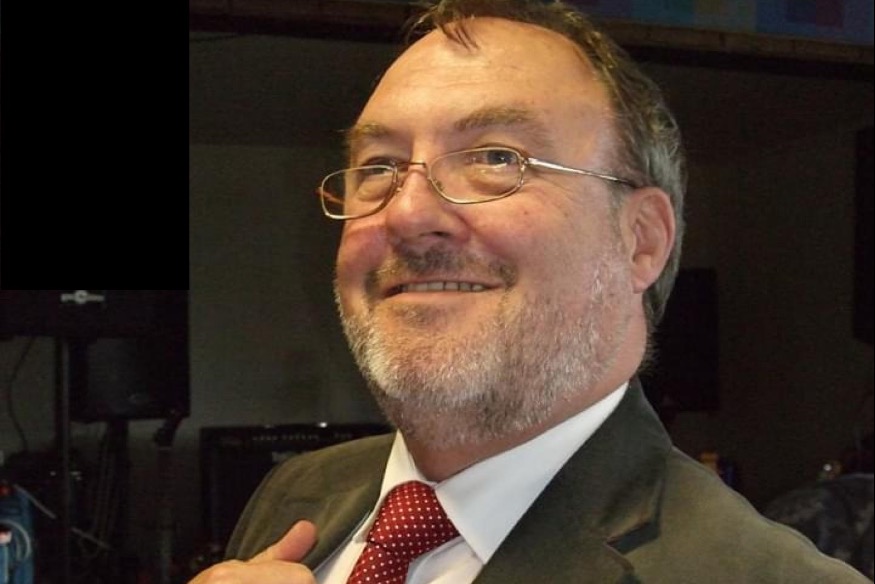
November 12, 2025 - 356 views
The jeweller who made the King and Queen’s wedding rings had roots in Llandudno.
Now Historians unearthing the hidden Jewish history of the town want to hear from people who remember well-known businesses from its thriving heyday including landmarks like Wartski’s jewellers, Lazar’s department store on Madoc Street, the Oriental Stores on Mostyn Street, or Blairman auctioneers.
They are keen to fill the gaps in what is known about the companies and people which made Llandudno such a flourishing centre of Jewish life in the early twentieth century.
“The commercial life of Llandudno had a massive boost from the influx of Jewish families starting in Victorian times,’ said Laura Henley Harrison of the Jewish History Association of Wales (JHAW).
“Due to the popularity of Llandudno as a holiday destination for people from large cities, the town became a starting point for high-end businesses that are still thriving today like Wartskis the royal jeweller and Blairman fine art auctioneers which has a worldwide reputation.“
The man who helped to make North Wales a magnet for visitors from Manchester and Liverpool was royal jeweller Morris Wartski originally from Poland.
Today in London’s St James the company still holds ‘by appointment’ royal warrants from both the King and Queen and made the couple’s wedding rings, though they have dropped the ‘of Llandudno’ from the shop front.
After moving along from Bangor in 1907, Wartski prospered with the patronage of King Edward VII and other aristocratic customers, as well as celebrities like Hollywood star Bing Crosby. A trailblazer, he helped build the town’s Jewish community, attracting other businesses to follow his lead and seize the commercial opportunities of the seaside resort. Morris’s son Isidore became the first Jewish mayor of Bangor in 1939.
Also standing proud in the town’s main shopping street was Lazar’s a landmark department store and the ‘Oriental Stores’ run by Iraqi-born Joseph Gubay whose grandson started the Kwiksave discount supermarket chain. Blairman fine art and antiques established in the town now operates in Mayfair, a world leading auctioneer of fine art and furniture. As well as their department store, the Lazar family also ran an exclusive ‘private’ hotel.
Exhibitions and talks regarding the Jewish history and heritage of the area are being planned with Llandudno Museum and Conwy Archives for Summer 2026 and 2027. Though high-quality documentation is already held, curators say they lack the kind of first-person memories that would bring the story of the town’s Jewish community to life.
Laura Henley-Harrison of the Jewish History Association of Wales said, “We are looking for anybody who was a member of the Jewish community in Llandudno or Colwyn Bay, also Jewish families who took their holidays in the area. We also want to hear from anyone who still remembers the businesses or individuals – whether you worked with them or were customers back in the day, a neighbour, a friend, an associate.
“There was a synagogue that opened in Upper Mostyn Street in 1909, it must have had caretakers, suppliers and neighbours as well as congregants. There were other businesses too. We would be excited to hear of any memories that you have or have been passed down by your families, and of course any artifacts you have in the attic would be real treasure to us.“
The Jewish History Association of Wales recently dropped ‘South’ from the title to extend its work to Llandudno and the rest of the principality.
Professor Nathan Abrams of Bangor University said “As we’ve expanded our operations, we have realised just how far Jewish life in Wales reached, and it felt appropriate to change the name as we extended our remit. There is a wealth of history here to be discovered.
For more information or to contribute to the research contact Project Manager Laura.henley.harrison@jhawales.org.uk.







